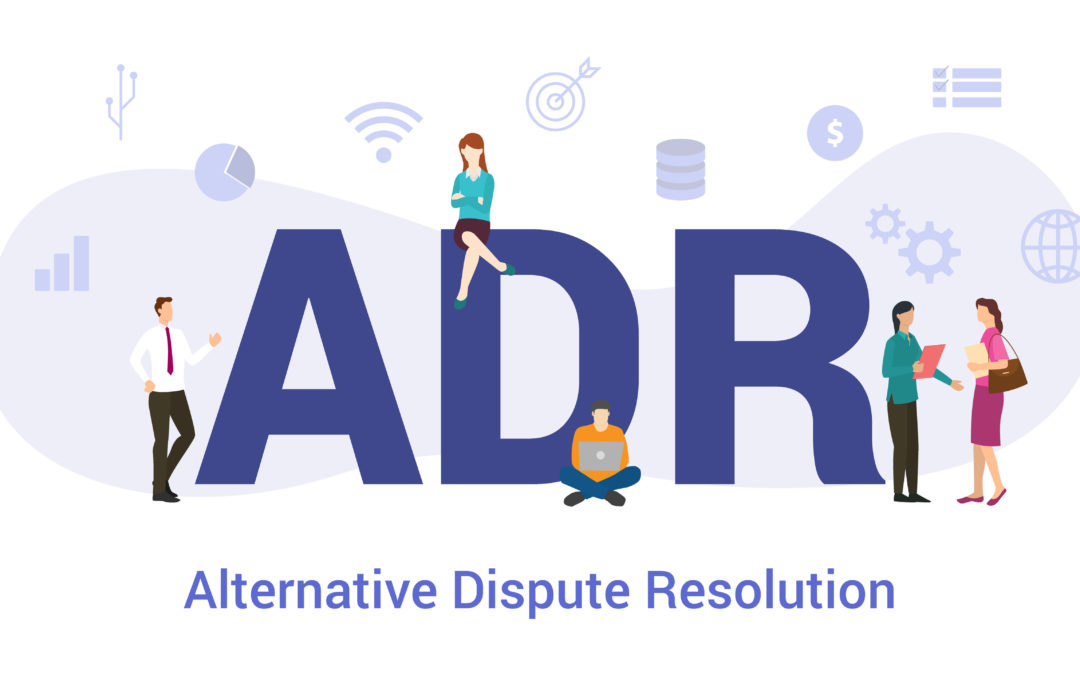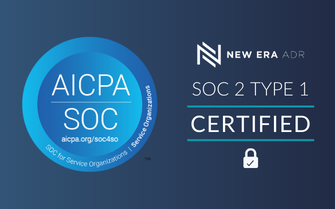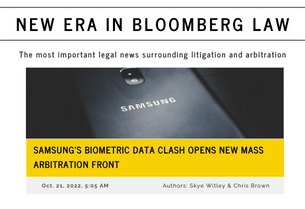
What is Alternative Dispute Resolution?
The Oxford Dictionary defines alternative dispute resolution (ADR) as follows: “the use of methods such as mediation and arbitration to resolve a dispute instead of litigation.” I suppose this helps paint the picture of ADR, but the logical follow-up questions are: What is arbitration? -and- What is mediation? For lawyers, these terms are self-evident, but for folks who don’t deal with the law every day, it only takes a casual reminder that these terms might as well be Latin. So let’s start first with arbitration.
What is Arbitration?
Arbitration is defined as follows: “the hearing and determining of a dispute or the settling of differences between parties by a person or persons chosen or agreed to by them.” It is important to note that arbitration looks a lot like traditional litigation. There is typically a complaint, an answer, discovery, motions and a hearing that functions like a trial. Arbitration, however, is typically privatized, while courts are governmental entities and judges are appointed or elected governmental officials.
Arbitration Vs. Litigation
This leads to one of the two biggest differences between arbitration and litigation in court: in traditional court litigation, court filings are public record and can be viewed by anyone. In contrast, arbitration filings are private and are not disclosed publicly.
The second biggest difference between court litigation and arbitration is the trier of fact: in court litigation, you may have either a judge or a jury deciding the case. In arbitration, the arbitrator takes the place of the judge or the jury. And while judges or juries are appointed by the court, in arbitration, the parties can agree on who should be the arbitrator. Notably, the parties have to pay the arbitrator, where judges and juries are paid by tax dollars. Other than these two significant differences related to public record and the trier of fact, arbitrations often look almost exactly like traditional court litigation.
What is Mediation?
Mediations, on the other hand, do not track a traditional litigation process. Mediation is defined as “action in mediating between parties, as to effect an agreement or reconciliation.” Mediation is a mutually agreed upon process where the parties hire a neutral party known as a mediator who listens to both sides of the dispute and then, without choosing a side, attempts to negotiate a mutually agreeable resolution between the parties to circumvent further litigation. Courts may undertake mediation and, at times, engage in settlement conferences also intended to facilitate settlements between the parties. But traditionally, like arbitration, mediation is privatized and the mediator is paid by the parties. If mediation fails, or results in only partial resolution, the parties may continue down a more traditional litigation path.
Technology can Help ADR
Both arbitration and mediation were created as alternative paths to dispute resolution outside of traditional litigation in courts. Whether existing arbitration and mediation have been successful in their current form is up for debate. Currently, arbitration so closely resembles the time, cost, and process of traditional litigation that it’s difficult to discern where efficiencies actually exist. Mediation, on the other hand, is an often useful tool but has no binding effect, giving parties the option to walk away if they are not getting the desired result. Still, the concept of alternative dispute resolution remains incredibly appealing to businesses and individuals alike. With some streamlining of the process and procedure, and the injection of technology, the true intention behind ADR can be realized.
Check out our other Blogs: Thoughts on the Immediate Future of Arbitration




